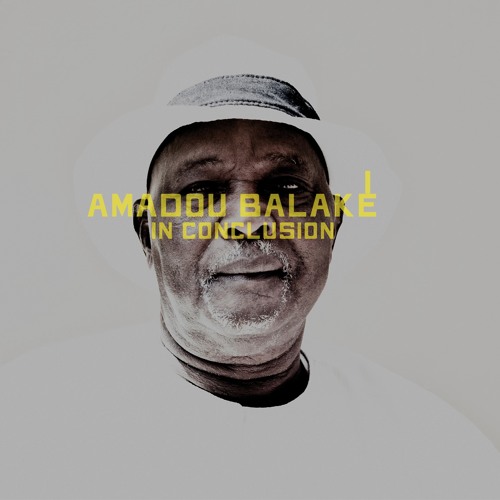
“Mon Chemin” (2017) – Bruce Cockburn * Written by Bruce Cockburn * Produced by Colin Linden * CD: Bone on Bone * Label: True North
His 25th album Bone on Bone really moves, with his chugging acoustic guitar upfront and no dirges. He’s still in self-evaluation mode, having just published an autobiography, but on this outing the ruminations growl. “Mon Chemin” (my road) is one of a handful of songs Bruce Cockburn has delivered in Quebecois over the decades. Radio programmers will need to take care and possibly drop the volume on the phrase putain de détours. That’s Bruce’s nephew John Aaron Cockburn singing harmony.







